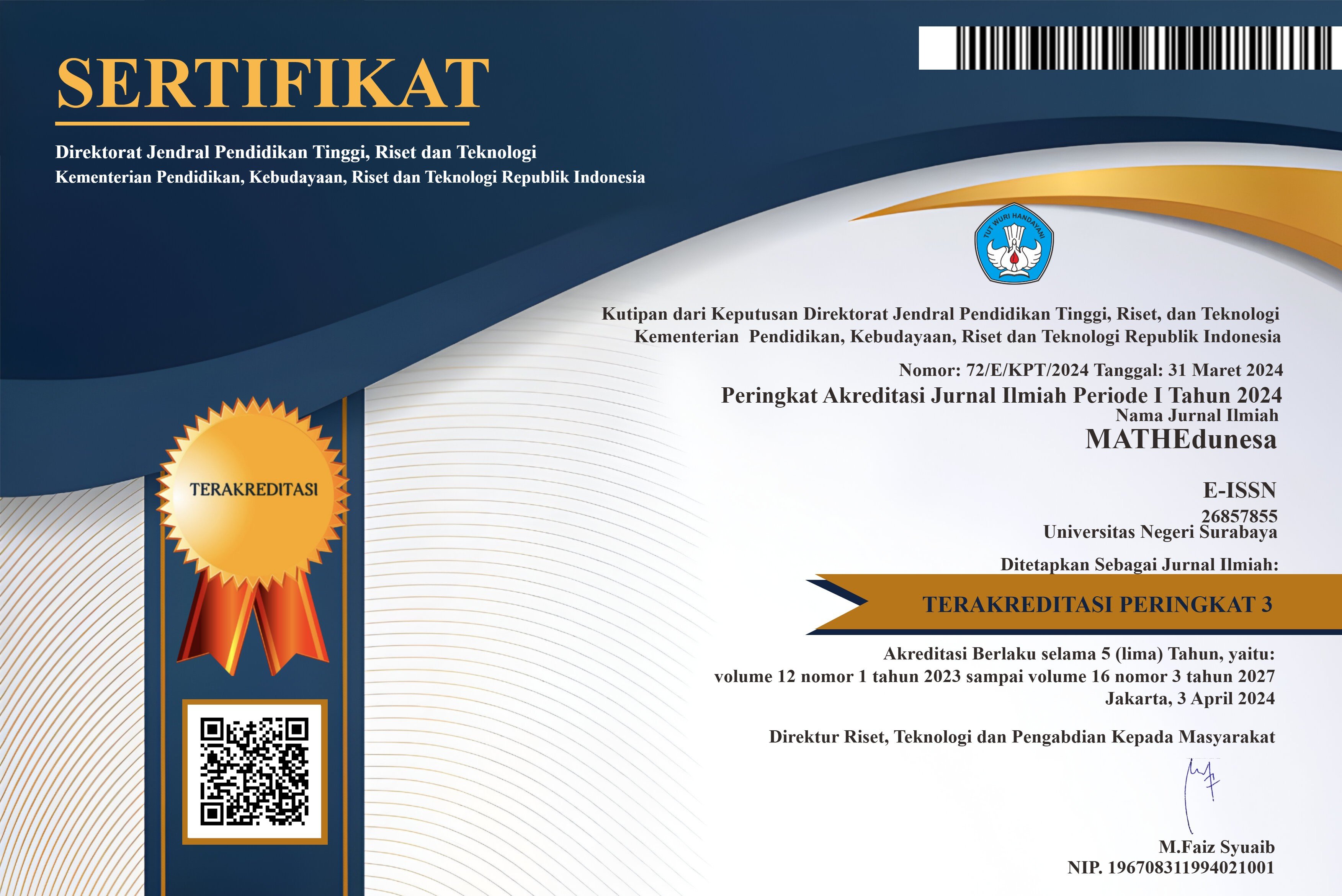ADAPTIVE REASONING OF SOCIAL SECONDARY STUDENTS
DOI:
https://doi.org/10.26740/mathedunesa.v9n1.p112-119Downloads
Download data is not yet available.
Downloads
Published
2020-06-10
Issue
Section
Psychology
 Abstract views: 167
,
Abstract views: 167
, PDF Downloads: 197
PDF Downloads: 197




